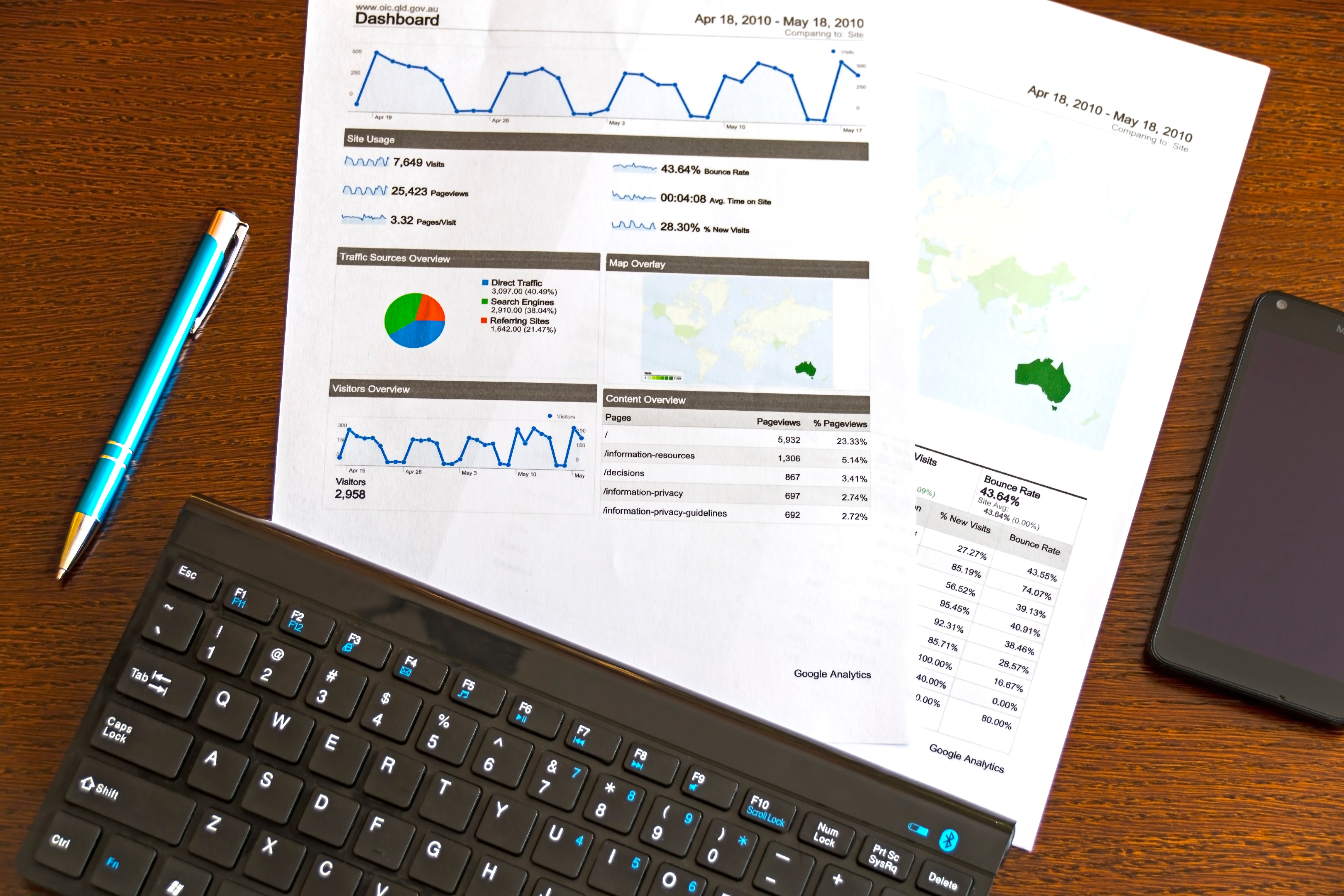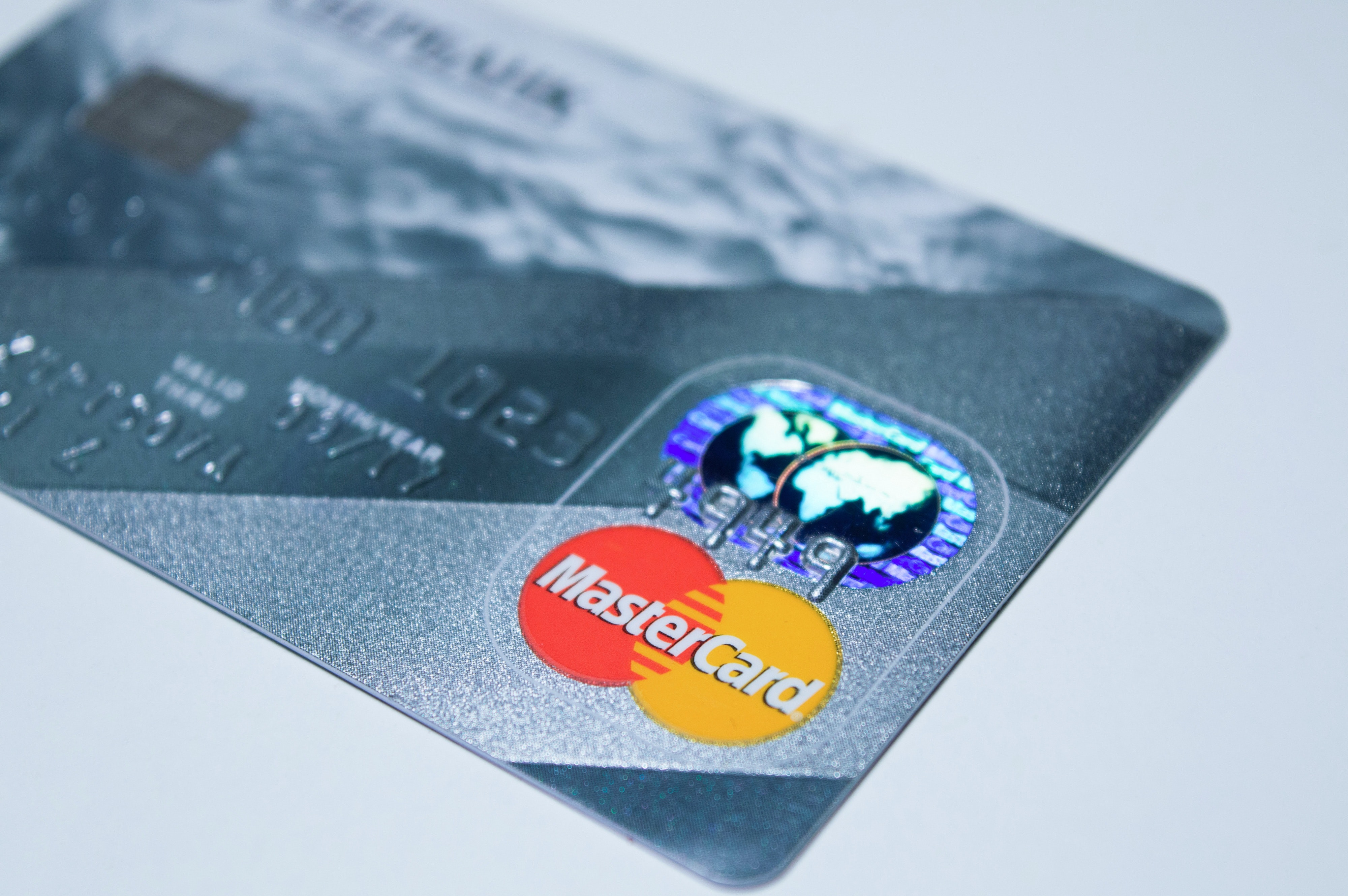One of the most important factors in having a successful business in any industry is having great cu...

Lorem ipsum dolor sit amet, consectetur adipiscing elit.

One of the most important factors in having a successful business in any industry is having great cu...

When you apply for a loan, lenders want to make sure your small business can repay it. One way lende...

North American Industry Classification System (NAICS) codes are six-digit codes used by the federal ...

A leverage ratio indicates the level of debt incurred by a business entity against other accounts in...

If you are ready to lease a commercial space for your business, there are a few steps you must take ...

Having credit is important for anyone’s life whether you are a small business owner or a consumer. C...

If you own a small business, you have most likely considered ways to get funding to grow your busine...

Private equity and venture capital often times get confused because they both invest in companies an...
.jpg)
It is no surprise that having good business credit is essential when growing your business. When you...

Many people use a line of credit or a credit card as a form of financing for their business. You can...

Many traditional lenders evaluate the potential of small business owners using a framework called th...

Financial forecasting is essential for any business type and business size. You need it to receive f...
Lorem ipsum dolor sit amet, consectetur adipiscing elit, sed do eiusmod tempor incididunt ut labore et dolore magna aliqua.